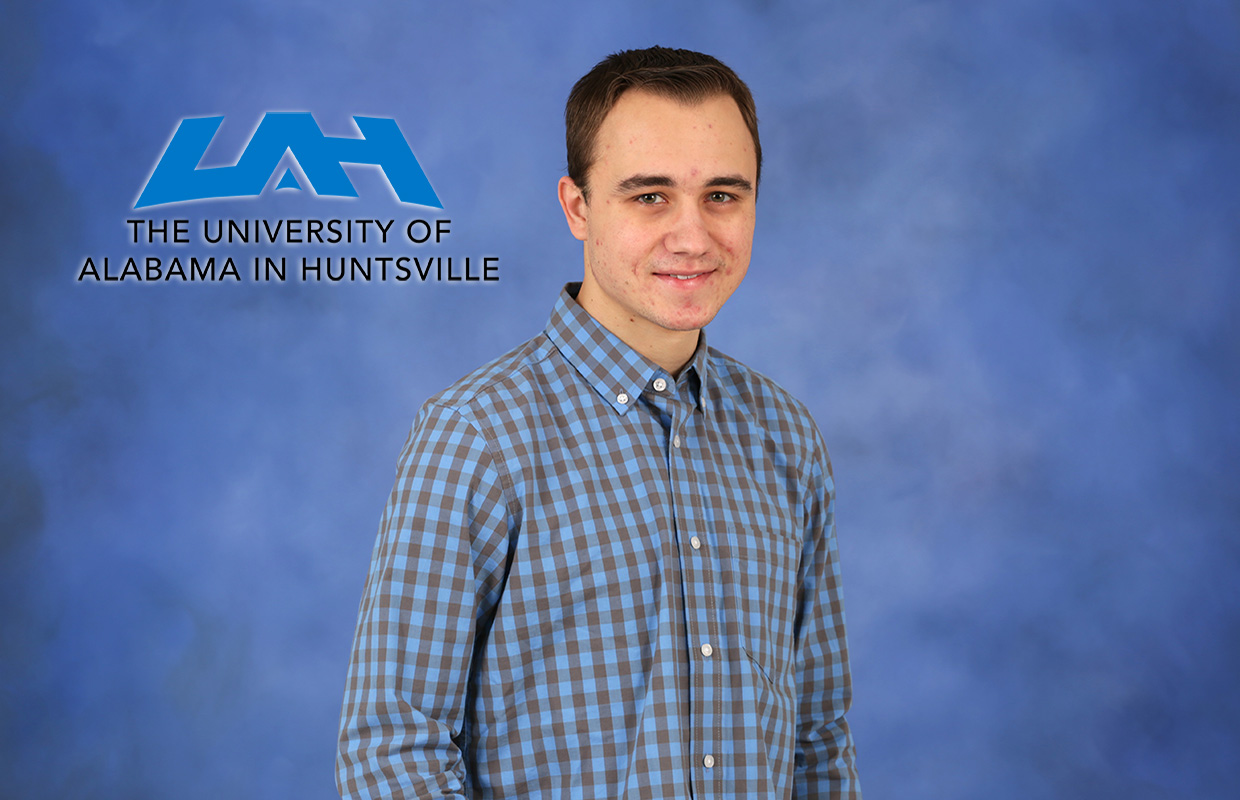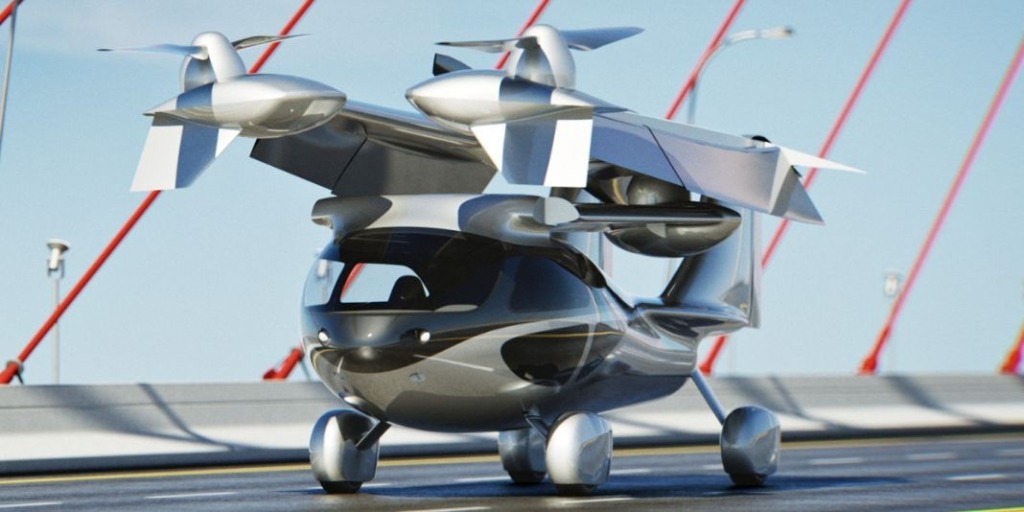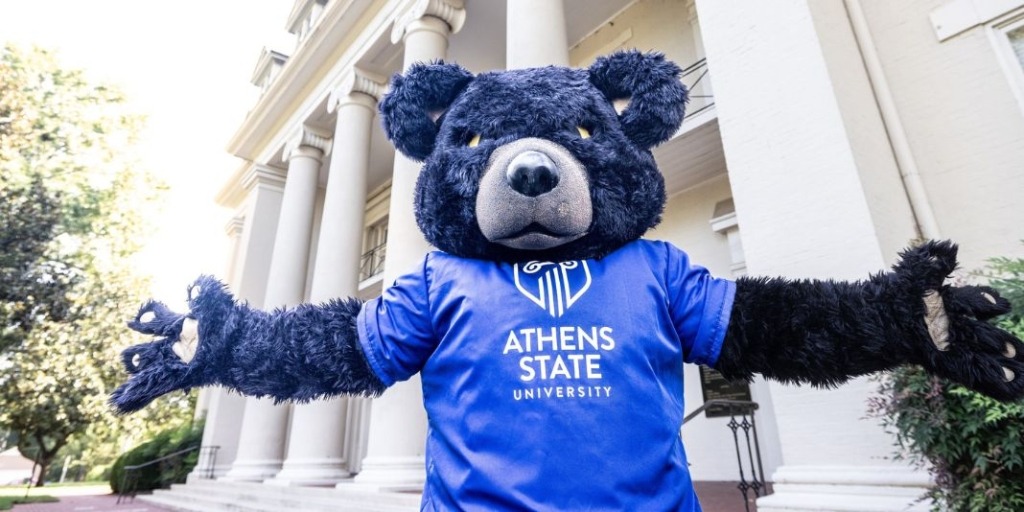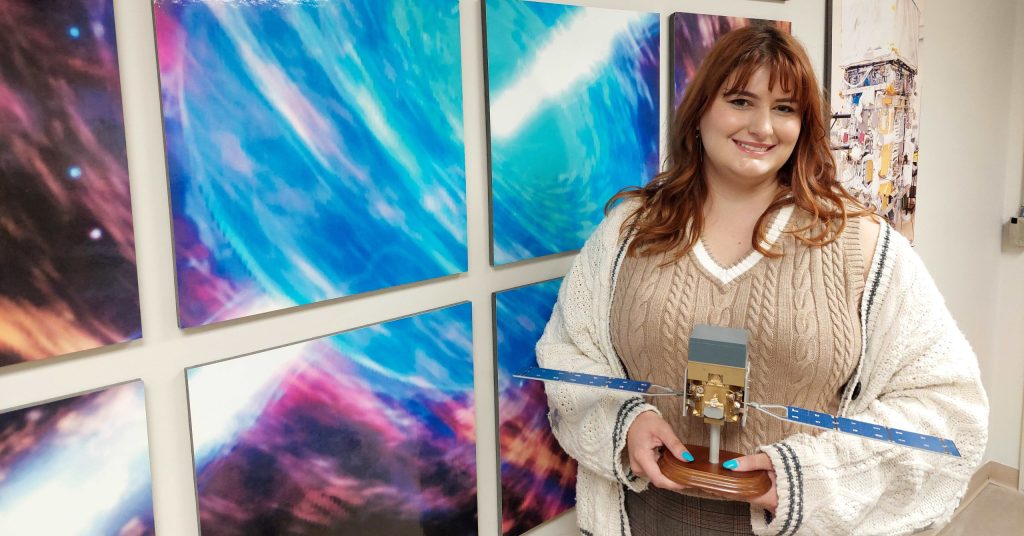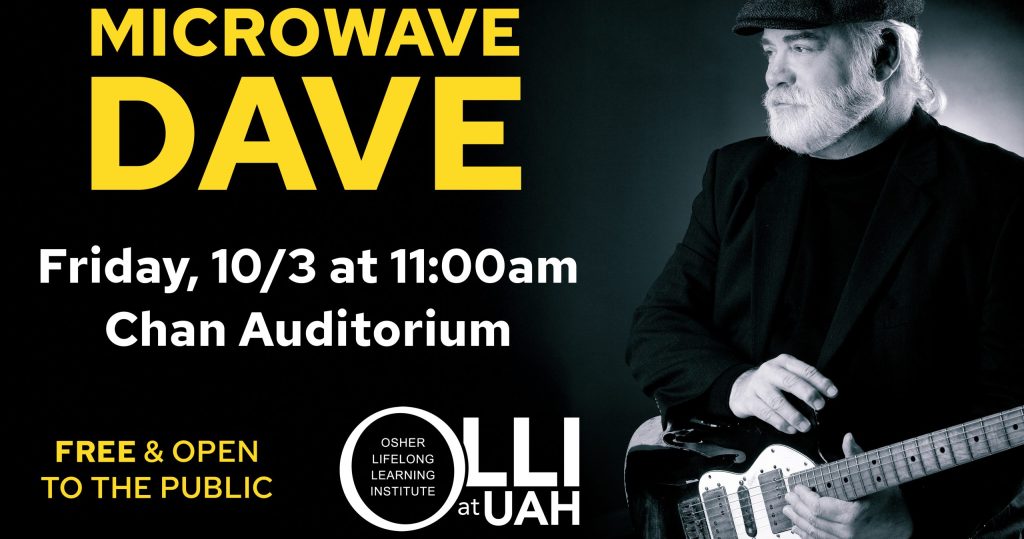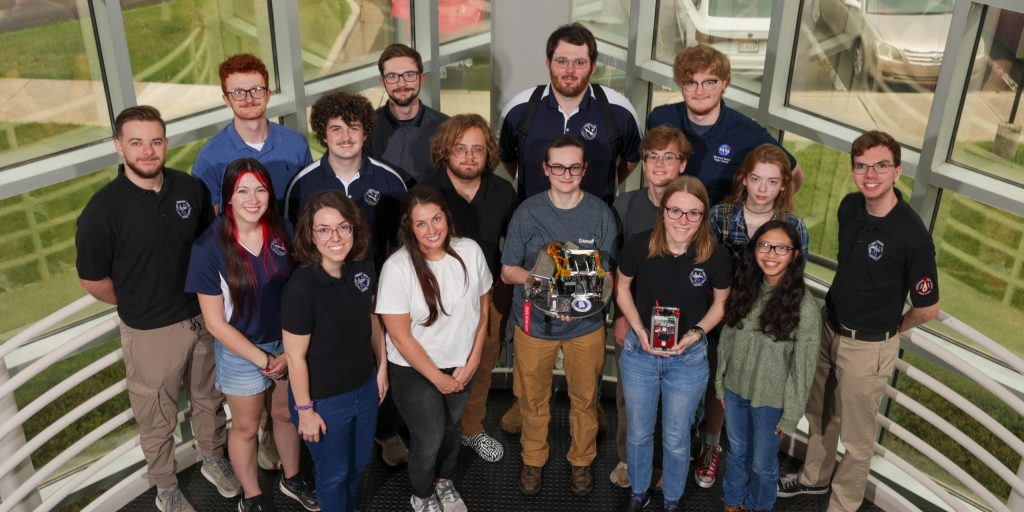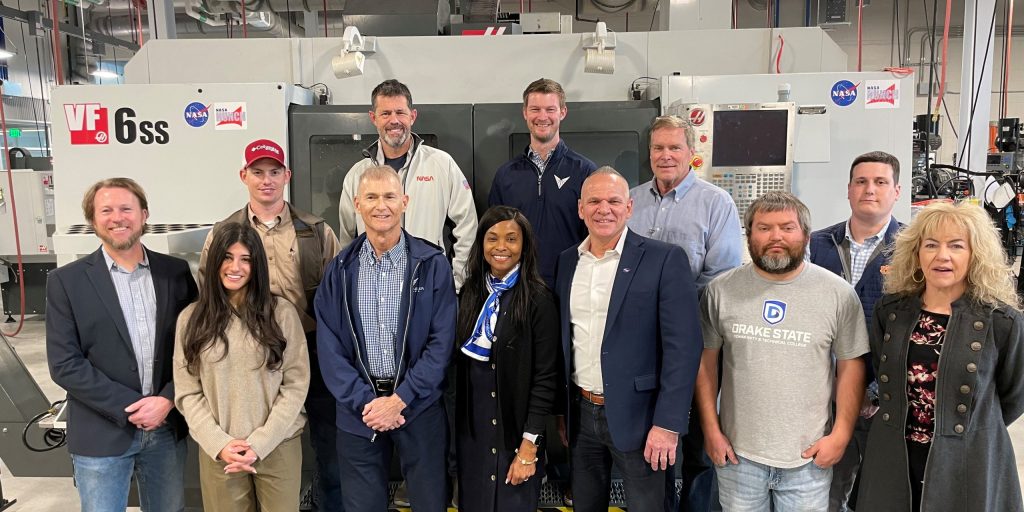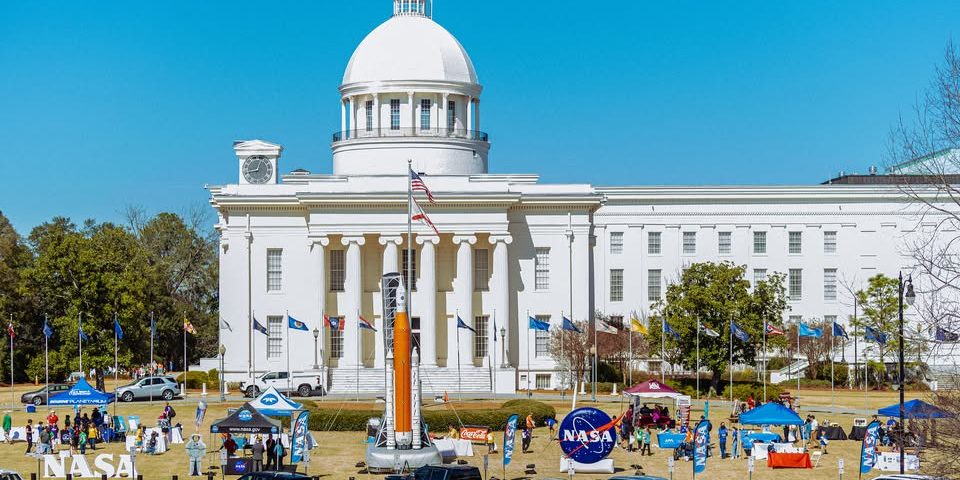HUNTSVILLE — Neil Laya, an aerospace engineering graduate student at the University of Alabama in Huntsville, has been awarded an Alabama Space Grant Consortium Fellowship.
Laya also was recently recognized for receiving honorable mention by the National Science Foundation Graduate Research Fellowship Program.
Selected Graduate Research Fellows conduct research over the course of a 12-month period and may be renewed annually for a maximum total award of 36 months. The award includes $24,000 as a student stipend and up to $12,000 for tuition/insurance and $1,000 student travel allowance. Fellows are expected to devote full-time to graduate study and research during the tenure of the fellowship.
“I am incredibly grateful for the opportunity,” Laya said. “The financial support, as well as all the great connections I expect to make through the program, are a huge help to my academic and career pursuits. Most of all, I am grateful for learning about such a ground-breaking technology. Doing research on this system is truly a dream come true.”
As part of the grant, a NASA work-study experience is required during the fellowship year with the NASA lab facility where the student plans to participate in a research activity (which can be conducted virtually).
“I will be performing my research at UAH’s Plasma and Electrodynamics Research Lab within the Propulsion Research Center,” Laya said. “We anticipate working closely with a start-up company based out of Florida called Spacewave that is the principal developer of the technology.”
Laya’s research mentor has been Dr. Gabriel “Gabe” Xu, a UAH associate professor of mechanical and aerospace engineering.
“My research under Dr. Xu began my second semester of freshman year. I have always been interested in more ‘exotic’ forms of rocket propulsion, so electric propulsion (EP) was a perfect match,” Laya said. “The possibility of joining the Plasma and Electrodynamics Research Lab was one of the primary reasons I chose UAH. I have been working on various parts of EP ever since.
“I knew that winning a fellowship was effectively the only way I could continue doing so through grad school. The biggest component of the applications was the research proposal, so it was crucial I chose something groundbreaking, yet attainable.”
The Alabama Space Grant Consortium was formed in 1989 when NASA implemented the National Space Grant College and Fellowship Program. It is a voluntary association of all seven research universities in the state along with community colleges, educational outreach, industrial and government elements.
Its mission is to inspire, enable and educate Alabama students to take up careers in space science and aerospace technology.
The ASGC, as a participant in the National Space Grant College and Fellowship Program, provides support for graduate students to supplement and enhance basic research. The program requires students participate in an active, defined research activity in science, technology, engineering and mathematics field that has NASA Mission Directorate applications with commercial space or at the U.S. National Lab on the International Space Station.
The plan for Laya’s research is to construct, analyze and optimize a basic form of a propulsion system developed by Spacewave.
“The propulsion system relies on using a physical process known as ‘magnetic reconnection’ to accelerate ions to incredible speeds,” he said. “This is the same process that causes the intense production of high velocity plasma jets on the surface of the sun and in solar flares.
“In its essence, magnetic reconnection is the breaking and restructuring of magnetic field lines in a plasma. The device I will be studying uses a controlled form of this process to produce thrust.
“My research will include plasma analysis on all aspects of the device, as well as analysis on the performance aspects as a propulsion system. Hopefully, by understanding the physics occurring within the device, a highly optimized and improved version of the device can be built to be used in a nuclear-powered interplanetary spacecraft.”
Laya said he is excited to see what the future holds and how the grant might impact his academic direction and career.
“This fellowship is the opportunity of a lifetime to work on advanced propulsion systems,” he said. “This fellowship has also encouraged me to make the decision of continuing on to a doctorate degree.
“Perhaps one day my experience will lead to a career in advanced propulsion.”


